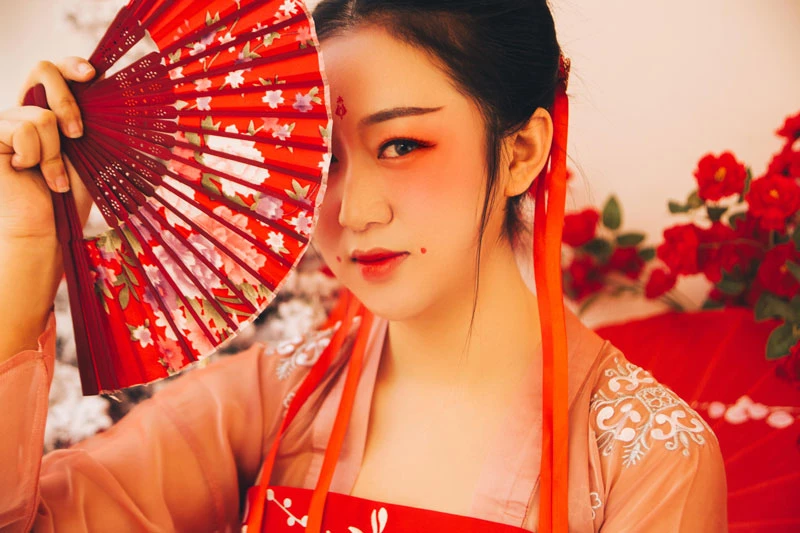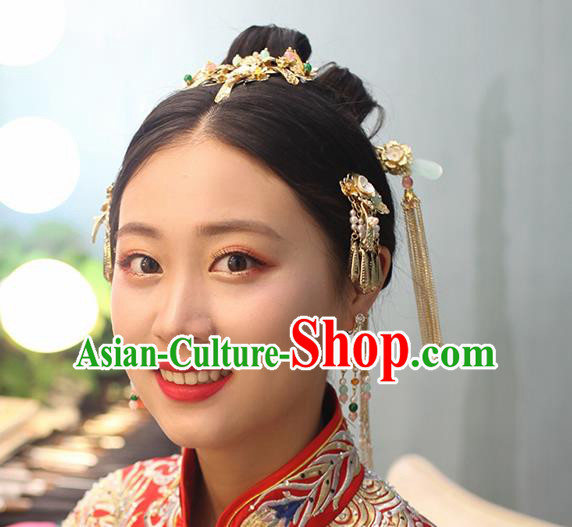A Modern Twist on Ancient Chinese Fashion
Chinese fashion has a rich history that spans thousands of years. From the elegant Hanfu to the intricate designs of the Qing Dynasty, each era has left its mark on the sartorial landscape. In recent years, there has been a resurgence of interest in traditional Chinese attire, with a new generation embracing the styles of the past and giving them a modern twist. This article explores the evolution of ancient Chinese fashion and how it is being reimagined today.

The Hanfu, traditional clothing of the Han Chinese, has seen a revival in popularity. Its flowing silhouettes and intricate patterns are being reinterpreted with contemporary colors and materials, making it a favorite among fashion enthusiasts. The Hanfu Movement, which began in the early 21st century, has played a significant role in promoting this ancient attire, encouraging people to wear it as a form of cultural pride and identity.

Contemporary designers are also experimenting with other traditional elements, such as the cheongsam and the qipao, adding a modern flair to these classic garments. The cheongsam, with its fitted cut and high slit, has been updated with bold prints and asymmetrical hemlines, while the qipao is being reimagined with innovative cuts and modern fabrics.

Traditional Chinese wedding attire is another area where ancient fashion is being given a modern makeover. Elaborate and ornate designs are being simplified and adapted to suit modern tastes, while still retaining the elegance and grandeur of the original garments. The use of luxurious fabrics and intricate embroidery continues to be a hallmark of these wedding dresses.

The accessories that complement these traditional garments are also being updated. Hairpins, once made of jade and silver, are now being crafted with modern materials and designs, making them suitable for everyday wear as well as special occasions.

In conclusion, the fusion of ancient Chinese fashion with modern design elements has created a unique and vibrant style that is both a tribute to the past and a celebration of the present. As more people embrace this trend, we can expect to see even more innovative interpretations of traditional attire in the future.






